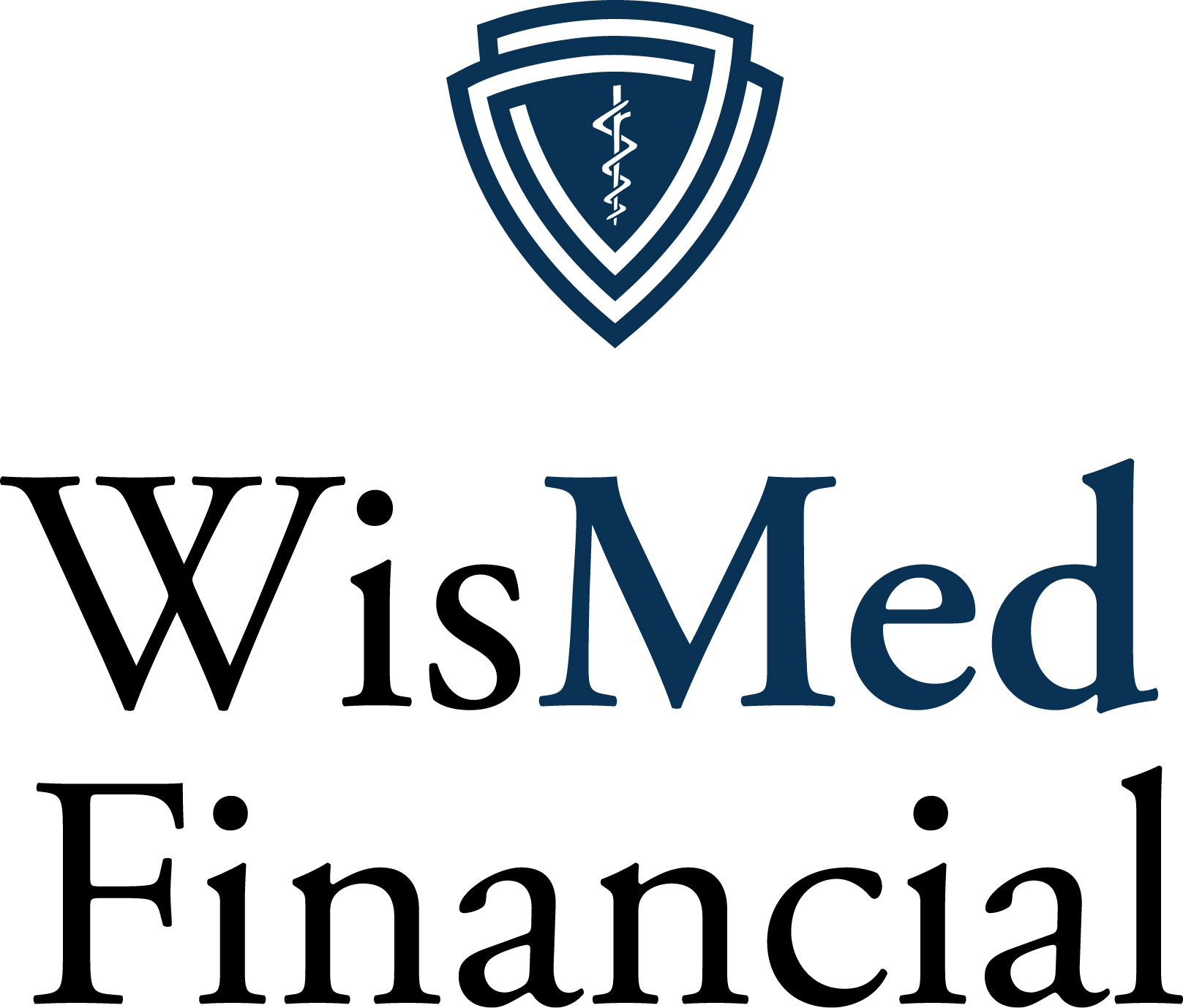Navigating the world of personal finance can be daunting, even for the savviest individuals. Mistakes can be costly and may hinder long-term financial goals. To help you stay on the right track, here are five common financial missteps I regularly see and how to avoid them.
Poor Investment Timing
The temptation to time the market often leads to poor investment decisions. Market timing is notoriously difficult and can result in missing out on significant gains. Instead of trying to predict market movements, adopt a disciplined investment strategy. Dollar-cost averaging (regular, systematic investments of a fixed dollar amount) can reduce the impact of volatility and build wealth over time.
Maxing Retirement Plan Contributions Too Early
Maxing out your 401(k) or other retirement plans early in the year might seem like a good idea, but it can cause you to miss out on employer matching contributions. Many employers match contributions on a per-pay-period basis. By contributing too much too soon, you might not get the full match for the remaining pay periods. To optimize your retirement savings, spread your contributions evenly throughout the year to maximize employer matching benefits.
Holding Cash Instead of Paying Off Debt
While having a cash reserve is important, holding too much cash when you have auto loans and other consumer debt can be counterproductive. Consider using excess cash to pay down debt, especially high-interest liabilities. This approach can save you significant amounts in interest payments and improve your financial position.
Home Bias in Stock Investments
Many investors tend to favor domestic stocks over international ones, a phenomenon known as home bias. This can limit diversification and expose your portfolio to country-specific risks. In fact, foreign stocks comprise 41% of the global stock market yet most US investors are well under this percentage. To mitigate this, diversify your investments geographically. Including international stocks in your portfolio can enhance diversification and potentially improve returns.
Investing Roth IRAs Too Conservatively
Roth IRAs offer significant tax advantages due to their tax-free access in retirement. However, investing too conservatively in Roth IRAs can limit growth potential. Consider a more aggressive allocation to stocks within your Roth IRA to maximize the tax-free growth. If needed, offset the aggressive allocation with additional conservative investments in tax deferred accounts. This approach can maximize the net returns of your retirement accounts.
Conclusion
Avoiding these common financial mistakes can significantly enhance your financial health and help you achieve your long-term goals. Stay informed, make strategic decisions, and seek professional advice when needed. By doing so, you'll be better positioned to navigate the complexities of personal finance and secure a prosperous future.

For personalized help with your financial plan, please contact Mark Ziety, CFP®, AIF® 608.442.3750.
Note: This article is for informational purposes only and should not be considered as financial or tax advice. Please consult with a qualified financial advisor or tax professional before making any financial decisions.
Back to top